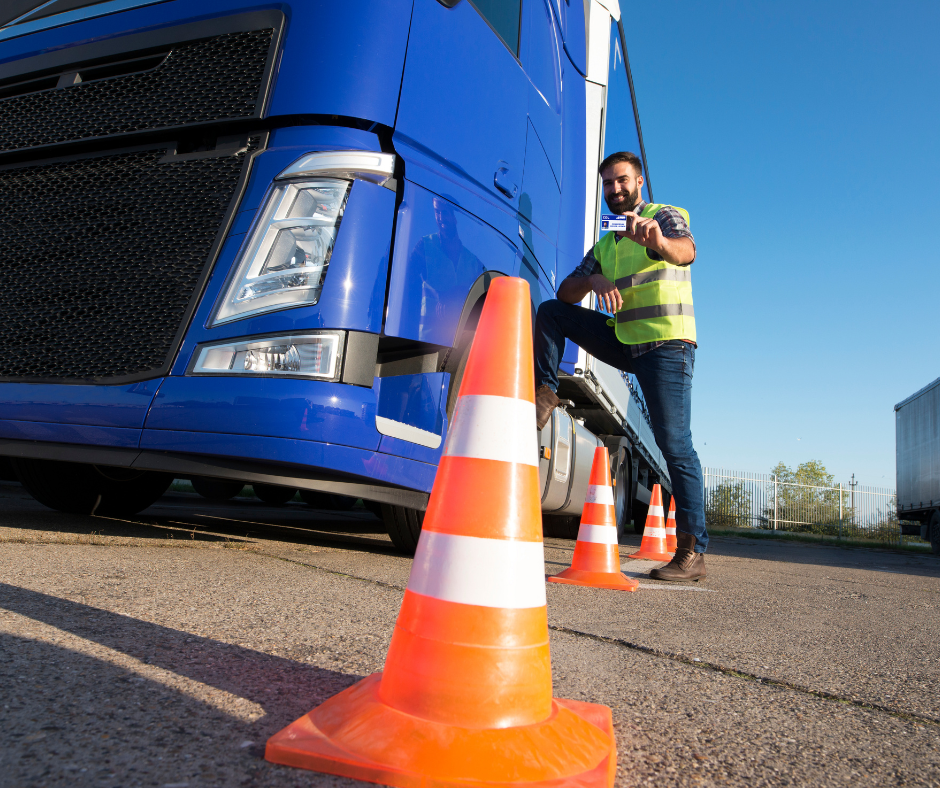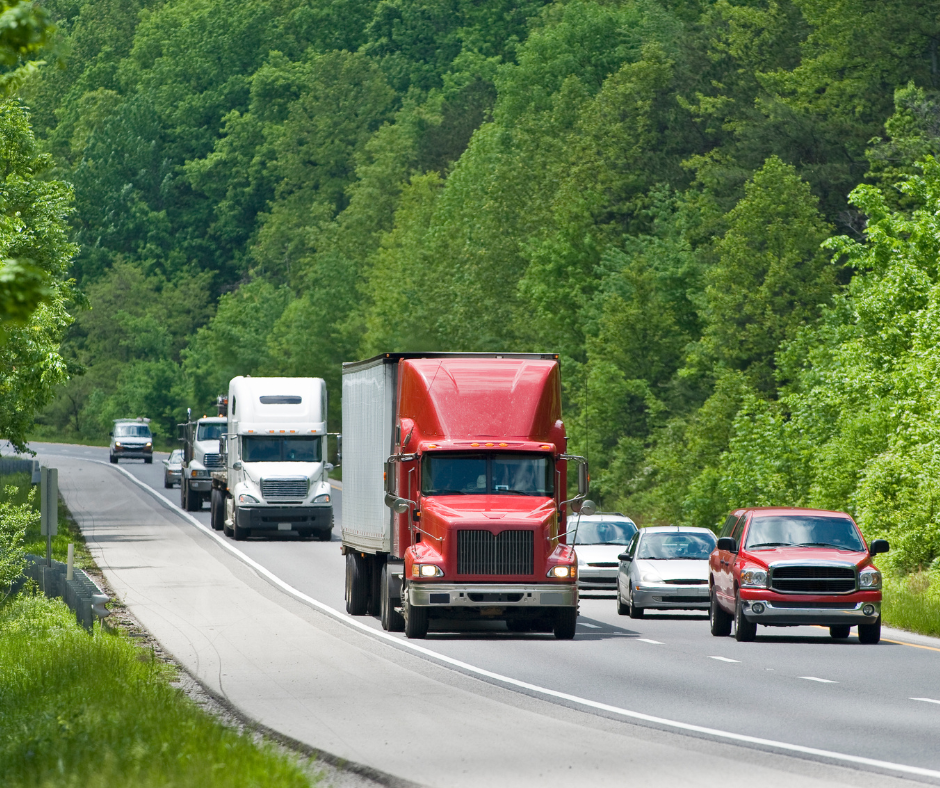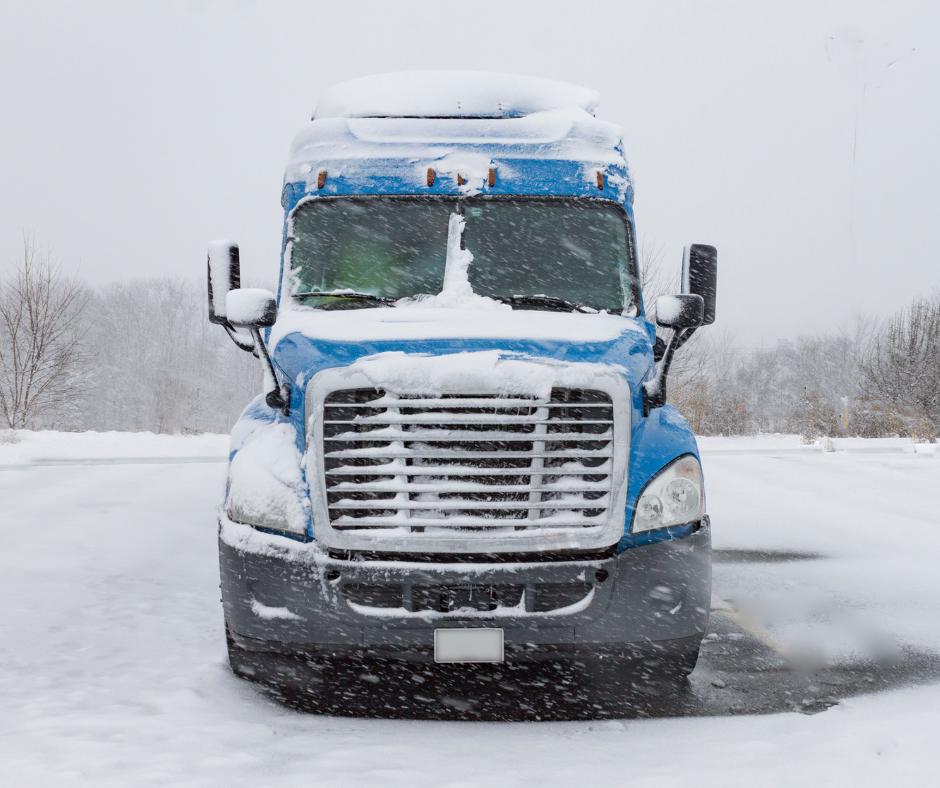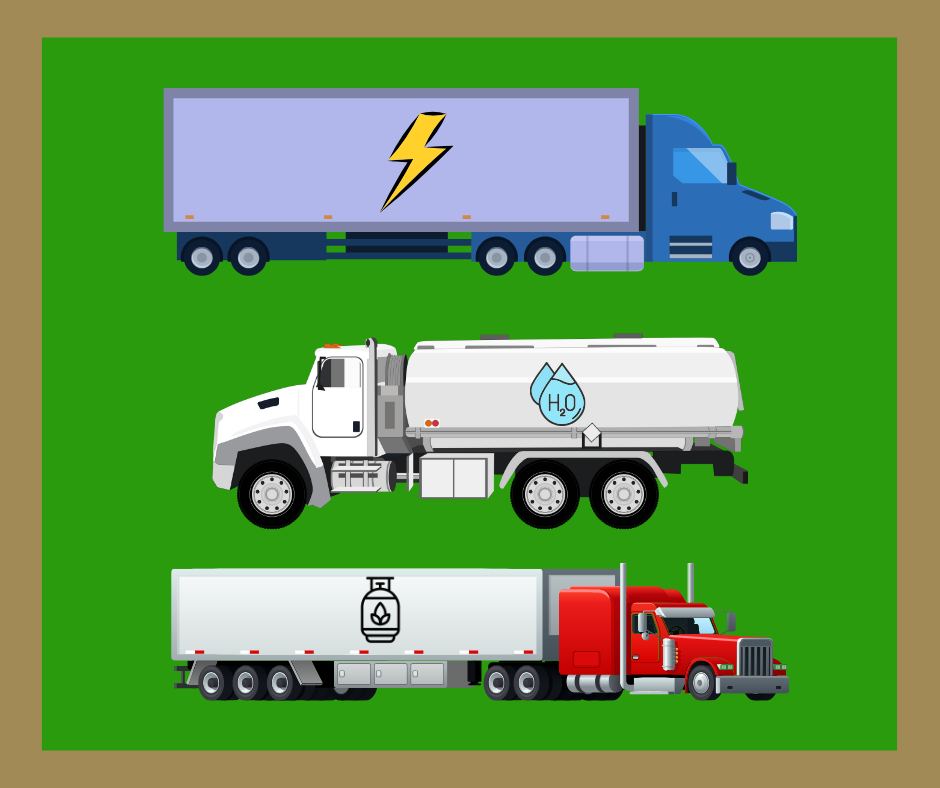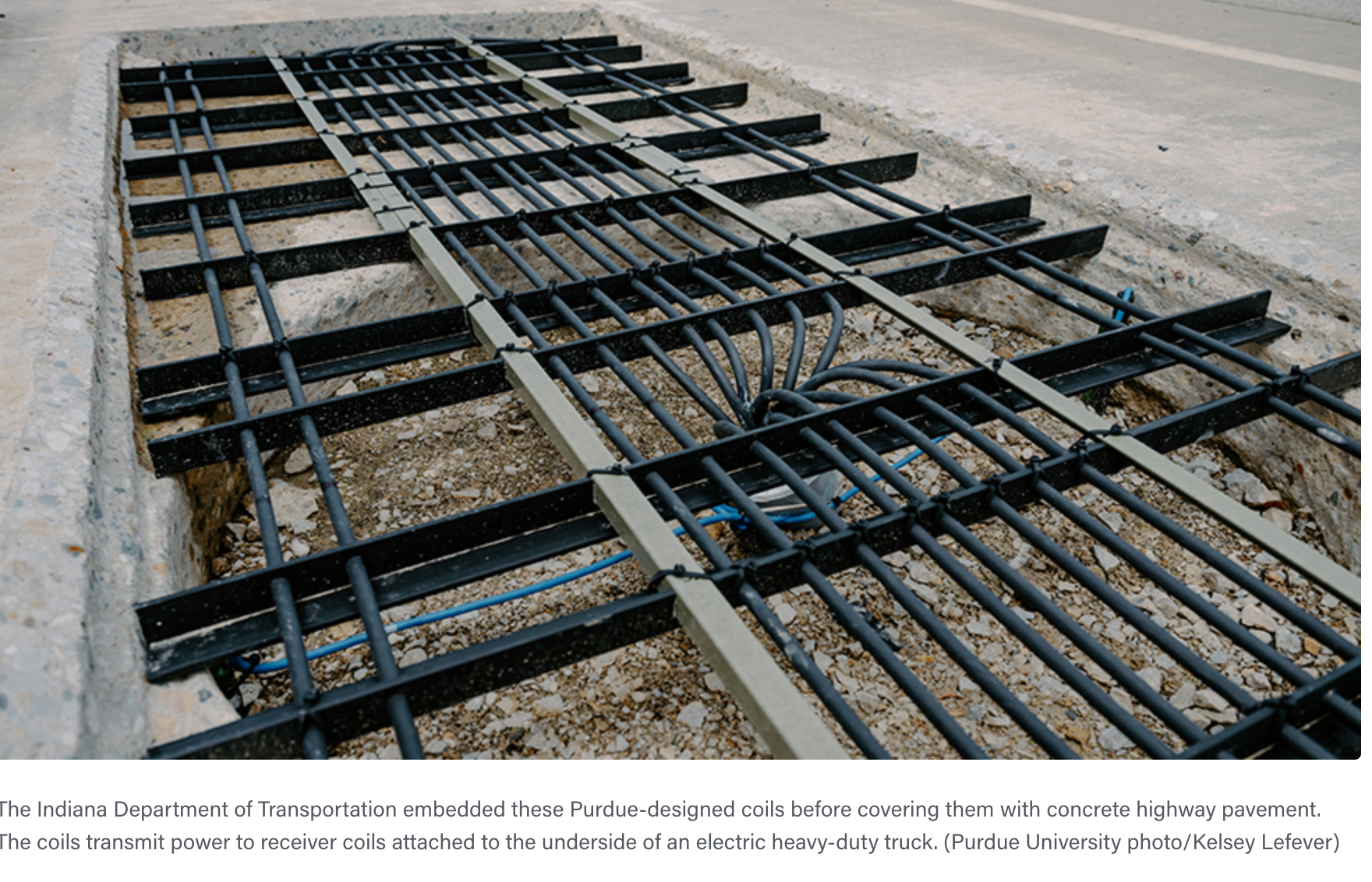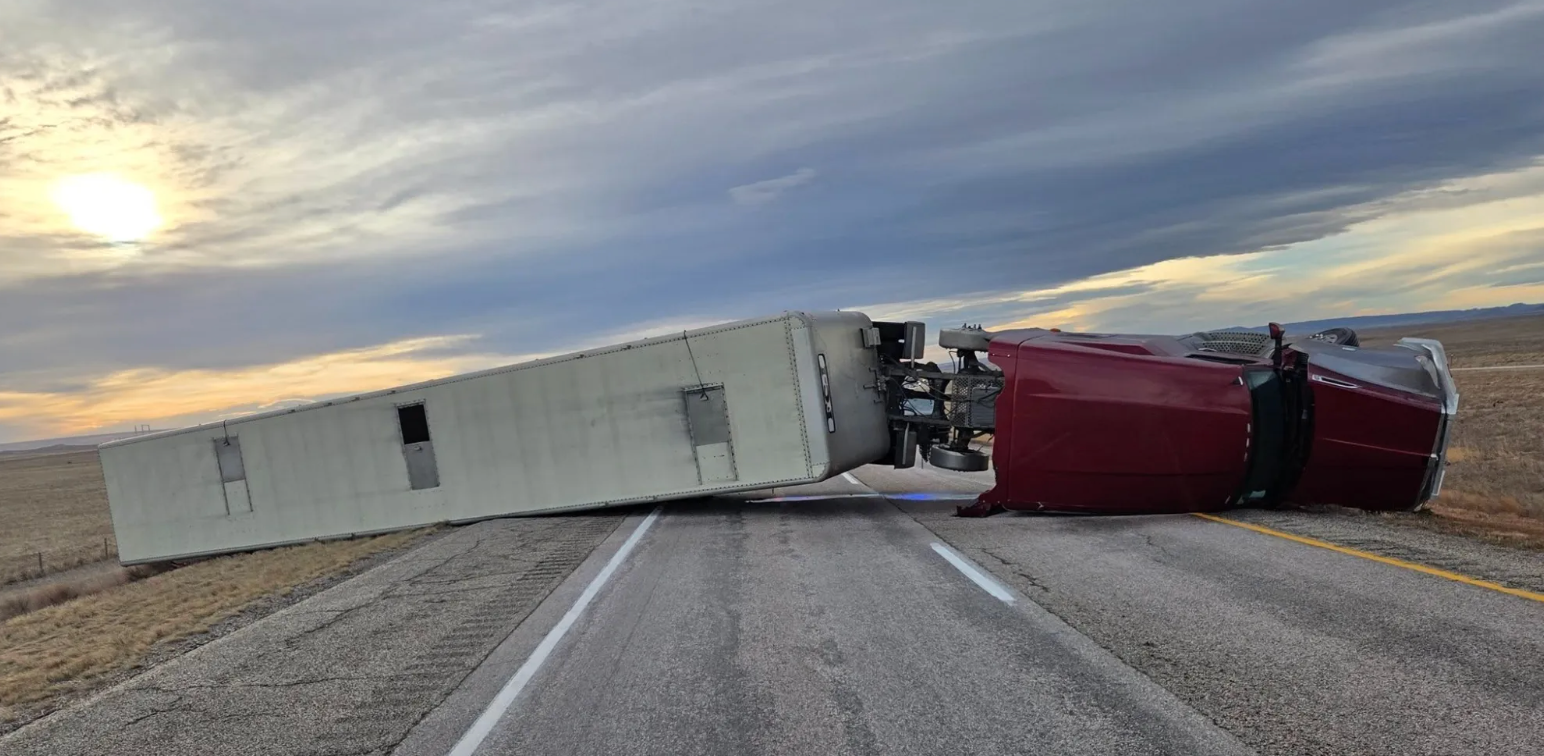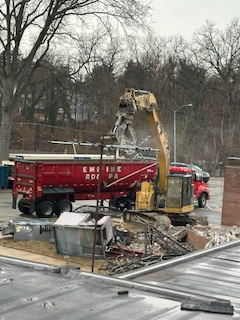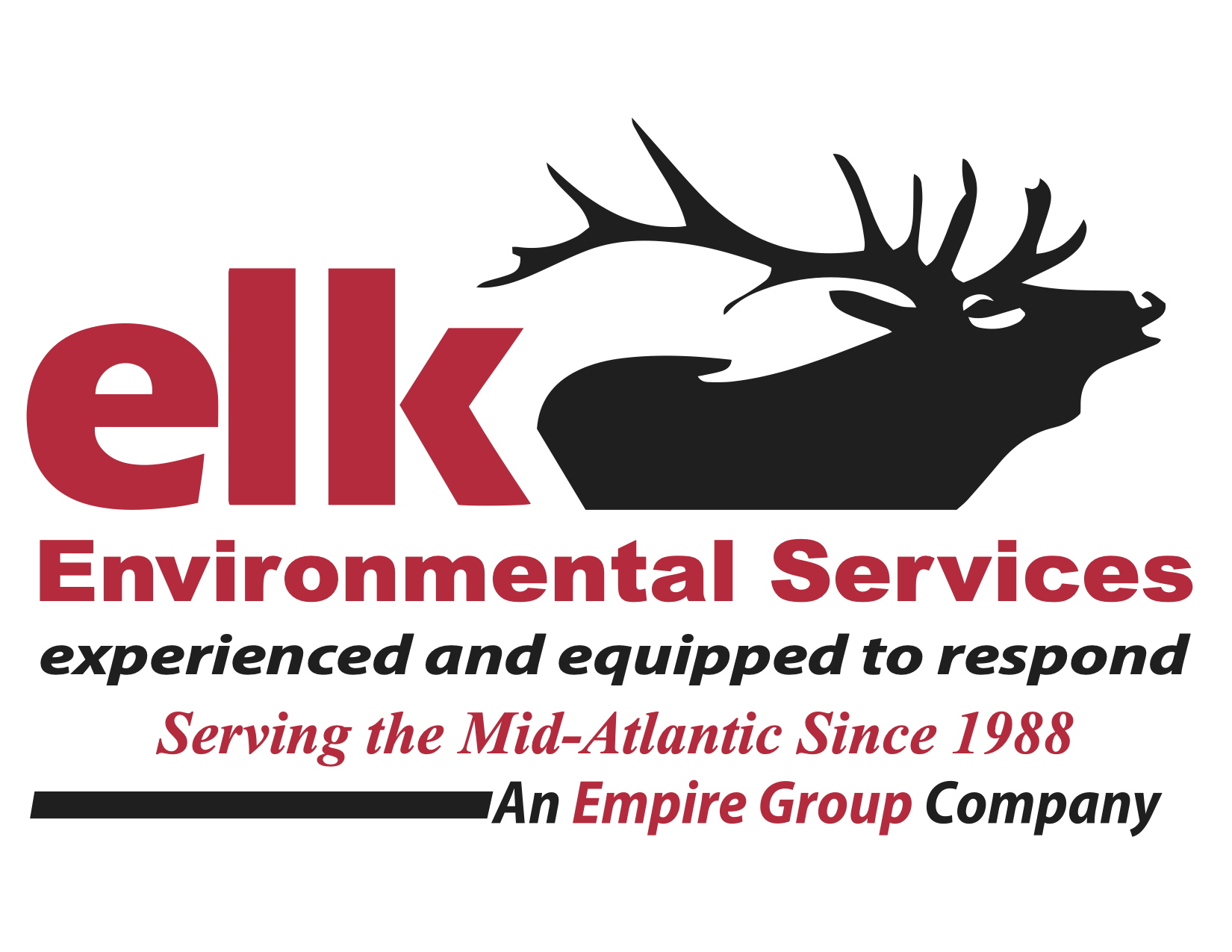A Look at the Rise of Thermonuclear Verdicts in Trucking

Over the past few years, the trucking industry has seen a seismic shift in the legal landscape — and the pressure is mounting. While nuclear verdicts (jury awards exceeding $10 million) were once considered rare. Today we’re witnessing something even more alarming: thermonuclear verdicts.
These are jury awards that exceed $100 million, and they’re becoming increasingly common in trucking-related lawsuits. As verdict amounts skyrocket, so does the urgency for carriers to understand the risk, prepare accordingly, and take proactive steps to reduce liability.
What Are Thermonuclear Verdicts?
A thermonuclear verdict refers to an extreme legal judgment — typically $100 million or more — awarded in a civil trial, most commonly following a catastrophic truck accident. These verdicts go beyond compensation; they serve as punitive actions meant to “send a message” to the industry.
According to Marathon Strategies, thermonuclear verdicts increased by 81% from 2023 to 2024, with two of them coming from the trucking sector. This marks a historic spike in high-dollar litigation. As jurors become more emotionally driven and attorneys adopt aggressive courtroom strategies, the risk for trucking companies grows.
What’s Fueling These Massive Lawsuits?
There are several contributing factors to the rise of thermonuclear verdicts, including:
1. Reptile Theory Litigation Tactics
Plaintiff attorneys are increasingly using the Reptile Theory, a psychological strategy that taps into jurors’ primal instinct to protect their community. The attorney positions the trucking company as a public threat — portraying the accident not as a mistake, but as the result of systemic negligence. This strategy is highly effective at generating outrage and, consequently, massive jury awards.
2. Public Sentiment and Emotional Appeals
High-profile crashes, negative media coverage, and public concern over road safety have made juries more sympathetic toward victims and more punitive toward trucking companies — especially when there’s evidence of negligence or poor safety practices.
3. Lack of Documentation or Safety Protocols
When a carrier cannot produce adequate records — such as driver training logs, maintenance reports, or hours-of-service documentation — it signals a lack of accountability. This opens the door for excessive jury awards.
Common Triggers for Thermonuclear Verdicts
Certain risk factors significantly increase the likelihood of a thermonuclear verdict:
- Drug or alcohol use by the driver
- Violations of federal Hours-of-Service regulations
- Poor or inconsistent driver training
- A history of previous violations or crashes
- Health issues that impair driving
- Driver fatigue or distracted driving (cellphone use)
- Accidents in construction or school zones
Even one of these issues can escalate a claim. Combined, they create a legal powder keg.
Some Ways Trucking Companies Can Protect Themselves
No one can predict every accident, but trucking companies can take steps to minimize legal exposure and show that safety is a top priority:
✅ Invest in Safety Technology
Equip trucks with forward-facing cameras, lane departure warnings, and driver monitoring systems. These tools not only prevent accidents — they provide crucial evidence if an incident occurs.
✅ Enhance Hiring and Training Standards
Screen drivers thoroughly, perform regular background checks, and invest in ongoing training. Document every step of the process.
✅ Implement a Post-Crash Protocol
Have a clear, documented plan in place for responding to accidents. This includes communication procedures, medical response, legal notification, and data collection.
✅ Keep Rigorous Records
Track maintenance logs, driver hours, inspections, suspensions or violations, and training documentation. If it isn’t written down, it doesn’t exist in court.
Thermonuclear Verdicts Are a Wake-Up Call
The trucking industry is under legal fire — and thermonuclear verdicts are the strongest signal yet that juries are losing patience with carriers who don’t prioritize safety. At the same time, this is also an opportunity: companies that are transparent, compliant, and committed to safety can rise above the risk.
At DVC, we strive to promote safety on the road with our safety practices, highly trained drivers and well-maintained fleet. Contact us today to learn more!
